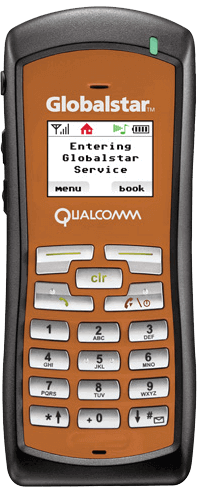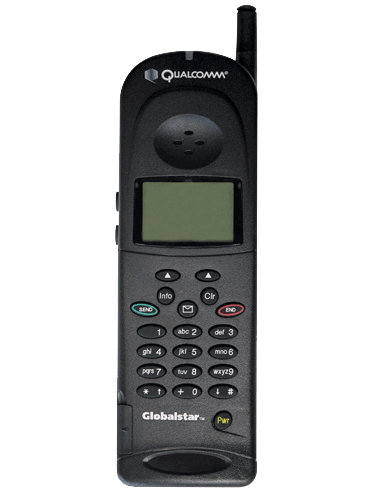Satellite Data Technology for Smart Transportation
IoT is making its way into the transportation industry. Devices supported by Globalstar’s satellite network prove taking care of the details can lead to big savings.
Prior to satellite and the Internet of Things, trucking companies had to have people walk around their yards, counting and looking for available trailers to use, calling customers to see if they had or why they were detaining their trailers, looking for lost trailers, ordering or leasing extra trailers, all in order to ensure timely delivery.
In the transportation and logistics industry, on any given day, 750,000 medium and heavy trucks traverse the more than one million kilometres of roads in Canada. One of the biggest challenges logistics companies face is tracking and monitoring those assets being transported.
Enter IoT and the B2B world of connected devices. According to research from Gartner, there will be 25 billion Internet-connected things by 2020, and close to $2 trillion of economic benefit globally. Spending on business IoT is forecasted to represent more than 50 percent of overall IoT spending this year, with 4.1 billion connected devices to be employed --a number that’s expected to grow to 7.6 billion by 2020, according to Gartner. While adoption varies by industry, leading transportation companies are turning to satellite-supported IoT devices to monitor assets proactively through automated data collection and critical monitoring.
The goal: streamlined operations, improved visibility of their remote assets and significant cost savings
Even with the enforcement of strict manual data collection systems, operating costs are being driven up by lost, misplaced, or underutilized transport trailers. Consider the numbers: transportation companies typically have between 2.5 to 3 trailers for every tractor. Each trailer costs about $600 per month to maintain, insure and operate. Transportation companies that do not know in real time where those trailers are and how they are being used--or not used--commonly have 10% too many trailers. With freight rates expected to increase between 3% and 10% over the next year, more and more, transportation companies are seeing the benefit of implementing an automated trailer management solution to rightsize their fleets and ensure optimized utilization of existing assets.
The IoT world is about getting proactive using real-time analytics from assets. Satellite networks provide the only window to those assets when they are in under-developed, rough terrain in the almost 8 million square kilometres outside the reach of traditional cellular and GSM networks in Canada. In urban areas, satellite supported customized solutions focused on small data points, offer cost-effective access to usable information.
Burlington, Ontario-based TGI, a leading provider of Asset Tracking solutions to the transportation market, has partnered with Globalstar to help trucking companies better manage their trailers by making them easily visible (via GPS) wherever they are, providing critical information to ensure smart decision making.
Prior to satellite and the Internet of Things, trucking companies had to have people walk around their yards, counting and looking for available trailers to use, calling customers to see if they had or why they were detaining their trailers, looking for lost trailers, ordering or leasing extra trailers, all in order to ensure timely delivery.
TGI has developed innovative, end-to-end solutions using Globalstar’s compact, low-power consumption, low-maintenance SmartOne Solar satellite modems. Powered with solar-rechargeable batteries which can deliver over eight years of serviceable life, the device will operate continuously for up to six months while reporting twice a day without the need for exposure to sunlight. Users can configure the device to meet their specific needs and proactively manage remote assets from virtually anywhere around the world, through automated data collection and critical monitoring.
SmartOne Solar is also certified intrinsically safe. It is one of the only such devices in the world to have achieved ATEX Zone Zero and HERO certification--among industry’s highest safety standards for products being used in explosive environments.
With Globalstar’s SmartOne data modem embedded within its tracking devices, TGI is able to use reliable satellite technology to automatically monitor dwell times, maintenance, utilization, start and stop motion and positioning data to create consolidated reports for its customers. Unlike cellular devices, the SmartOne does not require assets to be powered in order to transmit. Accessing this “small” data, often less than 10 bytes of memory a time, is helping set companies apart with information they can affordably access and put to work to proactively manage assets.
Among the key benefits cited by TGI’s customers: reduced trailer count, optimization of trailer usage and deployment, elimination of manual yard checks, reduced customer detention of trailers and better visibility of the freight in transit. With the new Electronic Log Device mandate (initiated to automate Hours of Service compliance) now in effect in the U.S., TGI’s customers are already able to provide that data and will be ahead of Canada’s coming legislation.
It’s still early days, but affordable IoT satellite-supported innovations and small data are pointing to a smart and connected future for logistics companies seeking the efficiencies and operational benefits that come with automated monitoring.
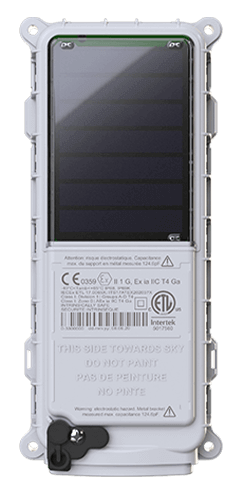 SmartOne Solar
SmartOne Solar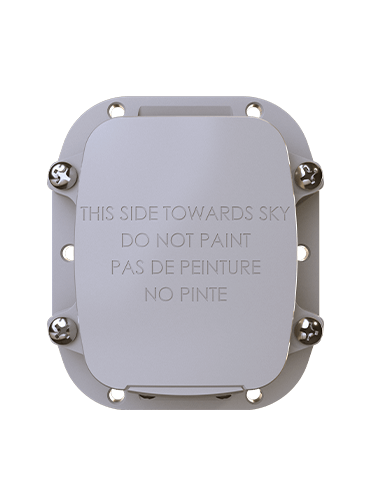 SmartOne C
SmartOne C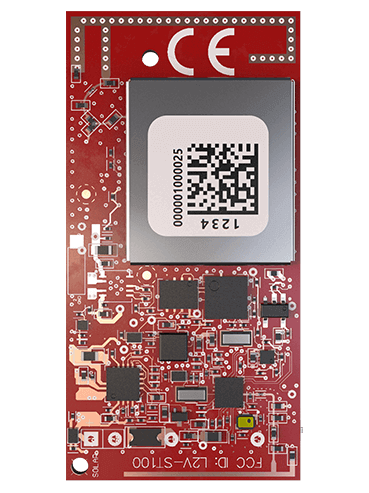 ST100
ST100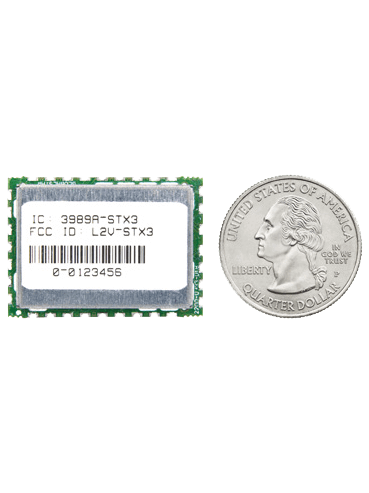 STX3
STX3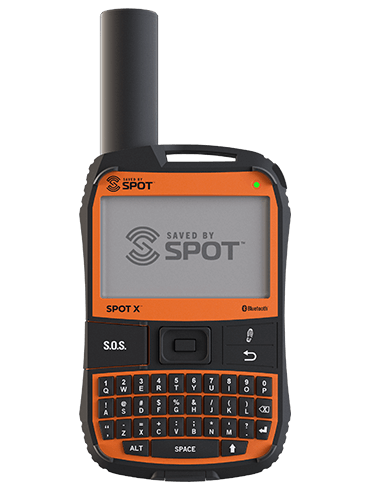 SPOT X
SPOT X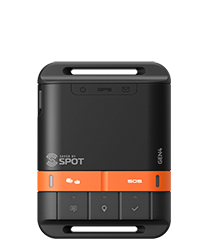 SPOT Gen4
SPOT Gen4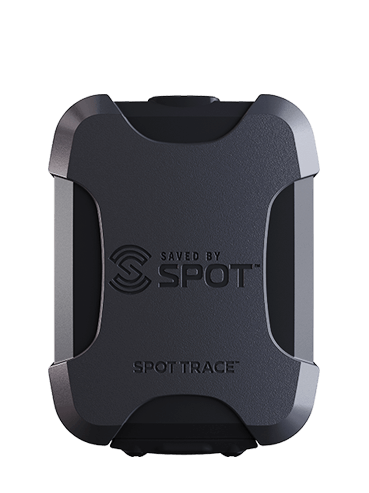 SPOT Trace
SPOT Trace